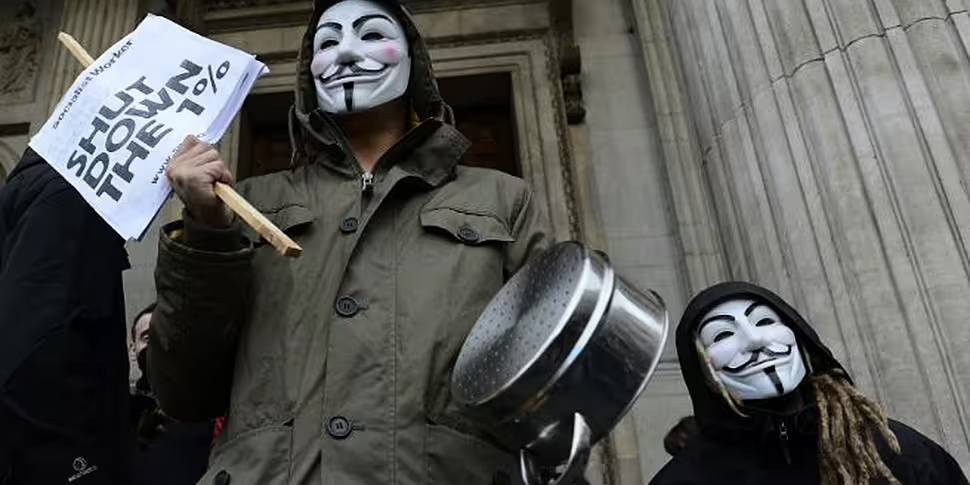The IMF has warned that policies which give money to the richest in a society hurt GDP growth - while giving money to those who are struggling increases economic activity.
The IMF paper says that when the income of the richest 20 percent in an economy is increased by 1 percent this leads to a 0.08 percent reduction in gross domestic product growth over five years.
In contrast to this - the research, which is based on data from 159 economies for the period between 1980 to 2012, found that when the lowest 20 percent receives 1 percent more GDP growth increases by 0.38 percent.
It adds that technological progress, weaker trade unions, globalisation and tax policies which favour the wealthy all widen inequality - and that bridging this gap is “the defining challenge of our time."
The institution's conclusion is that the benefits given to the richest "do not trickle down" through the rest of the economy.
The IMF writes, "Increasing concentration of incomes could also reduce aggregate demand and undermine growth, because the wealthy spend a lower fraction of their incomes than middle and lower income groups."
It also says that increased inequality when wealth is concentrated in smaller groups can lead to an underinvestment in education and weaker education outcomes for children from struggling families.
A narrow concentration of wealth is also said to contribute to a consolidation of political power which can result in "a suboptimal use of human resources, cause investment-reducing political and economic instability, and raise crisis risk."
Nicolas Mombrial, head of Oxfam International’s office in Washington DC commented on the research, saying: "By releasing this report, the IMF has shown that ‘trickle down’ economics is dead; you cannot rely on the spoils of the extremely wealthy to benefit the rest of us."
He continues: “The IMF has set off the alarm for governments to wake up and start actively closing the inequality gap. The message to them is pretty clear: if you want growth, you’d better invest in the poor, invest in essential services and promote redistributive tax policies.”









